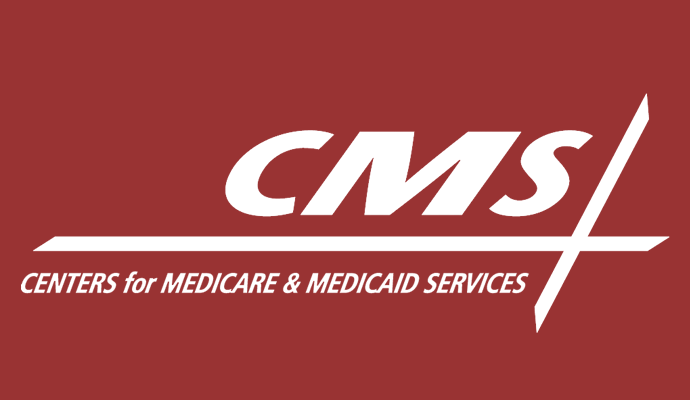CMS Seeks Faster Medicare Coverage for Newly Approved Devices
The proposed rule would create a new, accelerate Medicare coverage process for products the FDA deems “breakthrough.”

Source: CMS Official
- Today, CMS issued a proposed rule that would create a new, accelerated Medicare coverage process for innovative products that FDA deems “breakthrough,” including new implants or gene-based tests.
The Medicare Coverage of Innovative Technology (MCIT) proposal would unleash innovative technology so that Medicare beneficiaries can have access to new devices, which have the ability to diagnose or treat life-threatening conditions, such as cancer and heart disease, CMS said.
“For new technologies, CMS coverage approval has been a chicken and egg issue. Innovators had to prove their technologies were appropriate for seniors, but that was almost impossible since the technology was not yet covered by Medicare and thus widely used enough to demonstrate their suitability for Medicare beneficiaries,” CMS Administrator Seema Verma, said in the announcement.
“These efforts will ensure seniors get access to the latest technologies while lowering costs for innovators. Arcane bureaucratic requirements have no business preventing seniors’ access to a technology that might save their lives.”
Under the proposal, Medicare would provide national coverage simultaneously with FDA approval for four years. After four years, CMS would reevaluate the device based on clinical and real-world evidence of improvement in health outcomes among Medicare beneficiaries, CMS said
The timeline would motivate manufacturers to develop additional evidence regarding the safety and efficiency of their products to the Medicare population.
A CMS spokesperson highlighted that today’s actions, under President Trump’s leadership, also helps to further destroy existing bureaucratic barriers that created a “valley of death” for innovative products, which created lag times in lack of access for America’s seniors.
The lag time has forced innovators to spend time and resources on FDA approval, only to to spend more time and money on the Medicare coverage process.
This represents a waste of resources for innovators and a significant problem for America’s seniors, who are prevented access to these technologies during the existing Medicare coverage determination process, CMS stated.
Therefore, the agency plans to cut red tape so seniors can access the latest treatments.
“President Trump is delivering on the promise he made to Americans: a better, stronger Medicare program for today and the years ahead,” said HHS Secretary Alex Azar.
“This new proposal would give Medicare beneficiaries faster access to the latest lifesaving technologies and provide more support for breakthrough innovations by finally delivering Medicare reimbursement at the same time as FDA approval.”
Currently, 16 Medicare Administrative Contractors (MACs) make Medicare coverage decisions on the local level -12 for Medicare Parts A and B and four for durable medical equipment under the local coverage decisions.
Each MAC decision applies only to that MAC’s defined area, and when national Medicare coverage isn’t available, the product could be covered by a patchwork of local coverage decisions, CMS said.
This means that a senior in a specific area could have access, while another senior elsewhere may not.
Oftentimes, to secure local coverage decisions, innovators are forced to seek separate decisions from various MACs.
Today’s proposal would streamline identical local coverage decisions, promoting equal access for seniors and helping innovators focus on getting their devices to patients and clinicians.
Giving four-years of automatic national coverage to breakthrough devices, along with FDA approval, would significantly help innovators and seniors because they would not have to look for coverage from MACs.
The MCIT proposed rule will also allow Medicare to cover breakthrough devices the FDA has approved for use in 2019 or 2020, which gives Medicare beneficiaries immediate access.
Additionally, the rule would clarify CMS uses to determine whether Medicare should cover a product, such as a drug, device, or biologic, which would give innovators a clearer understanding of CMS standards.
CMS also announced that it reduced a backlog of requests for National Coverage Determinations, some of which have been on a list awaiting approval since 2014. This decision would provide certainty and clarity for stakeholders, the agency said.
